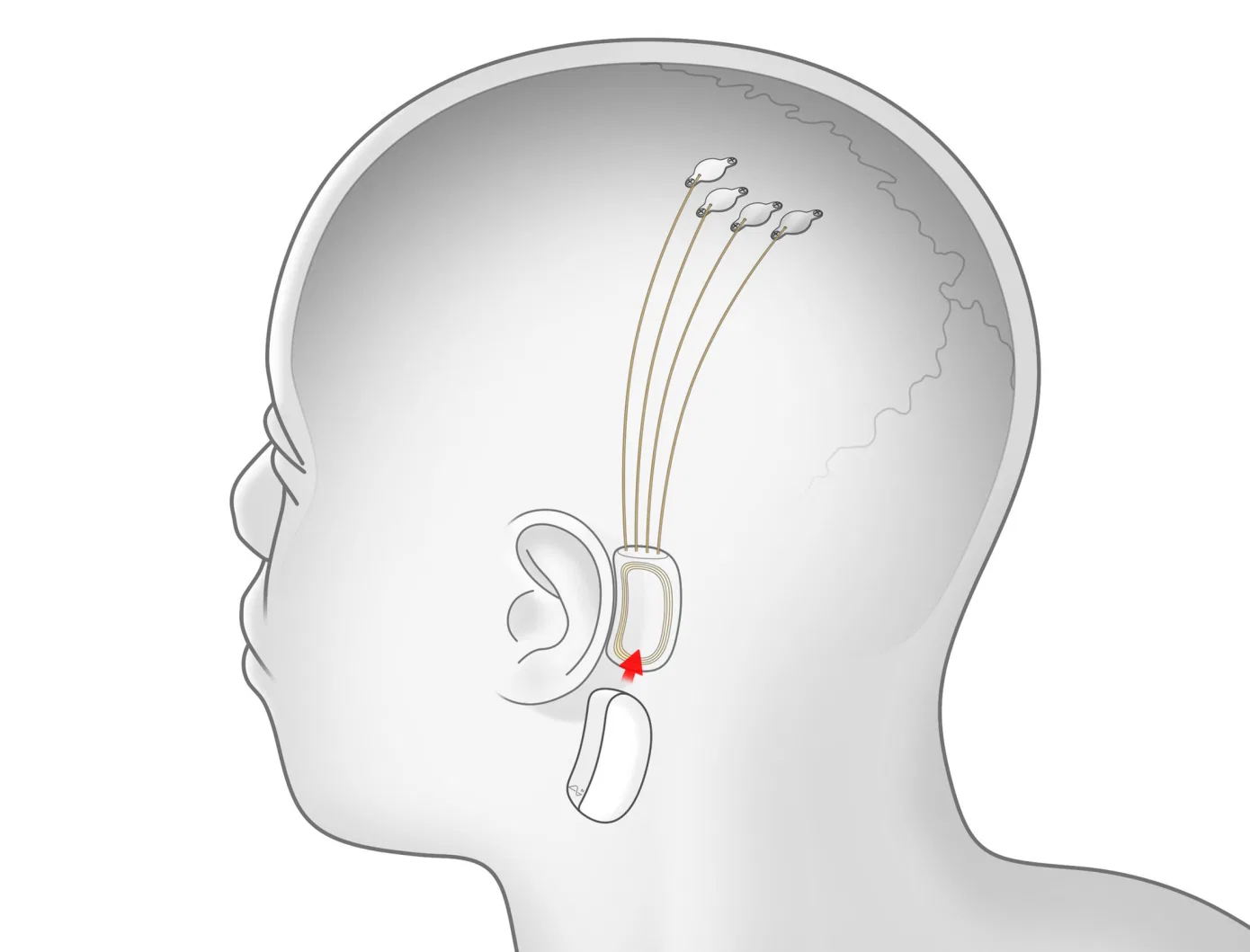Elon Musk said on Twitter this week that Neuralink, the company he founded in 2016 to develop computer-brain interfaces for the explicit purpose of helping humans keep pace with advanced artificial intelligence, will provide an update on its progress on August 28. The last major update from Neuralink came roughly a year ago, when it shared that it will be using a surgical robot to implant gossamer-thin wires into a person’s brain, connected to an external computer processing unit, and that ultimately it hopes to make the connection wireless between the two for maximum freedom and flexibility.Neuralink revealed in july 2019 that it had already performed successful tests of its technology on mice and even apes, and that it would be pursuing testing on its first human subjects starting as early as the following year — which is this year, 2020, if you’re keeping track.
Co-founded by Musk and led by CEO Jared Birchall, Neuralink is headquartered in San Francisco and has been conducting research in partnership with UC Davis. The company’s goal initially is to use its technology to help mitigate the effects of neurological disorders in patients with severe impacts to mobility and other daily functioning, but ultimately the company also hopes to use its technology to essentially “upgrade” humans to be able to interact with computing devices at the speed of thought.Musk has consistently pointed out how “lossy” the process of translating thought to input via conventional means including keyboard and mouse is, and believes that a tighter, more high-fidelity bond between people and computers can help decrease the risk that advanced AI surpasses the capabilities of human intelligence. Musk has stated on a number of occasions that he believes uncontrolled, unregulated advanced general artificial intelligence poses an existential risk to humanity, and Neuralink is intended to be a means of protection against that threat.We don’t yet know what Musk and Neuralink will be sharing about the company’s progress since its last update in 2019, but hopefully we’ll hear something about its plans to begin human trials. Musk also shared what he calls Neuralink’s “mission statement” alongside the date of the company update: “If you can’t beat em, join em.”
Elon Musk has revealed more details about his mysterious brain-computer interface startup, claiming it will allow people to hear sounds that were previously beyond their range.Neuralink's brain chip technology could also help restore movement to someone with a fully severed spinal cord, according to Musk.The ultimate aim is to provide a direct connection between a brain and a computer, using a "sewing machine-like" device to stitch threads to an implanted brain chip.In a series of tweets on Thursday, Musk said the technology "could also extend range of hearing beyond normal frequencies and amplitudes."Earlier this month, he said that wearers would be able to stream music directly into their brain, as well as use them to regulate hormone levels and deliver "enhanced abilities" like greater reasoning and relief from anxiety.







